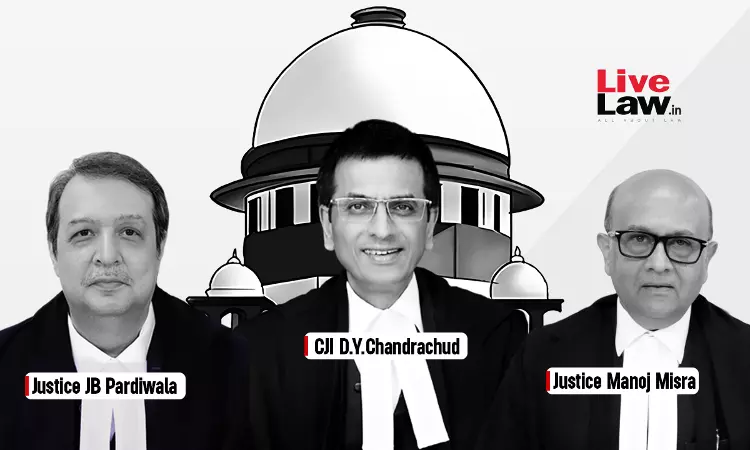'Judges Shouldn't Attempt To Change Views Of Couples, Sexual Orientation' : Supreme Court Issues Guidelines To HCs On Habeas Corpus & Protection Petitions
Anmol Kaur Bawa
20 March 2024 9:11 PM IST

Judges should show sincere empathy and compassion and should not impose their subjective notions, the Court stated.
Next Story


